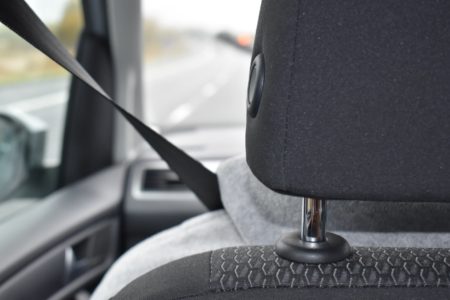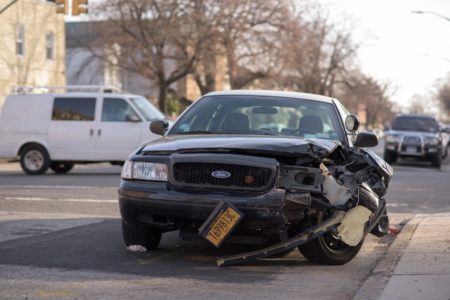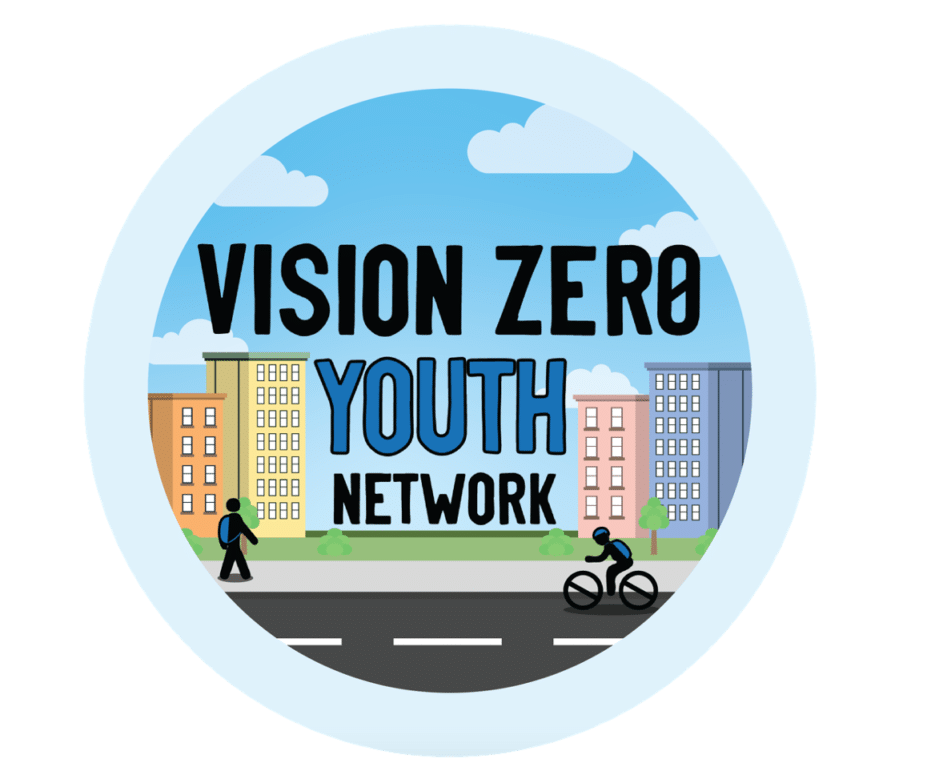
There are several reasons why road crashes increase on long weekends, but remember, almost all collisions are preventable which means there are always precautions that you can take to keep yourself safe.
Impaired driving is obviously a large factor in the increase of collisions on long weekends. Many people enjoy these holidays by drinking with friends and family. But, just because you have been drinking casually throughout the day does not mean you are sober enough to drive. Alcohol stays in our system a lot longer than we think, so even if you think you are sober enough to drive home after that Labour Day BBQ, you most likely aren’t. The very easy way to solve this issue is don’t drink and drive! If you plan on drinking, either take a cab/uber home, plan for a designated driver, or ask if you can stay the night! There are many ways to avoid drinking and driving collisions. There is no excuse why someone should have to drink and drive.
However, alcohol isn’t the only reason for the spike in collisions on long weekends. Not buckling up is actually a large concern on these holidays. For some reason, police continue to see drivers and passengers without their seatbelts on, especially on these long weekend drives! Traffic is always heavier during these weekends, which means you’re more likely to encounter aggressive drivers. Whether you need to brake suddenly to avoid them, or swerve to avoid a possible collision, wearing your seatbelt will significantly lessen the impact and keep you much safer.
Another way to get to your long weekend destination safely is to leave plenty of time to avoid rushing. When we’re late we get frustrated and often turn to driving aggressively. Anticipating traffic and being prepared will help you stay calm in traffic and unexpected situations on the road.
Always be careful on the roads, but take extra precautions when travelling on long weekends!




